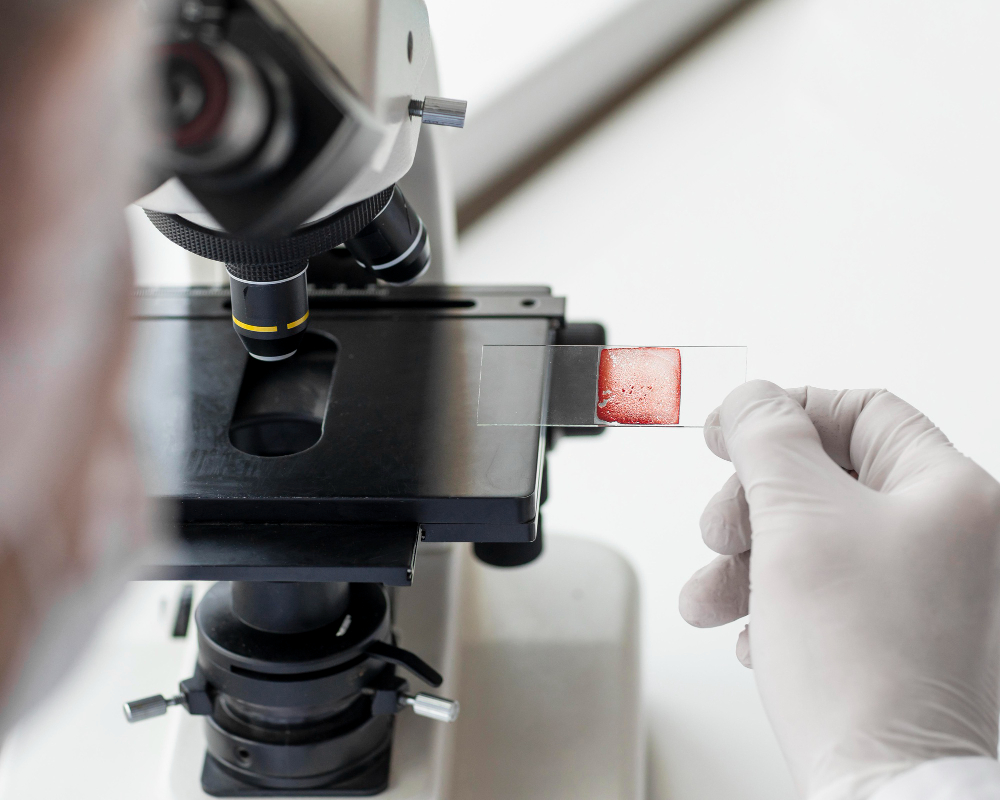What is a Biopsy?
A biopsy is a medical test that helps doctors find out what is happening inside your body. During a biopsy, a small sample of tissue or cells is taken from your body. This sample is then checked under a microscope. Often, doctors use a biopsy to look for diseases like cancer, infections, or other health problems. Because a biopsy gives clear answers, it is a key step in the diagnosis process.
Why is a Biopsy Important in Diagnosis?
Biopsies are very important in finding out the exact cause of a health problem. For example, when a lump or abnormal area is found, a biopsy can show if it is cancer or something else. In many cases, other tests like blood work or scans cannot give a clear answer. However, a biopsy can provide the details needed for a correct diagnosis. This helps doctors choose the best treatment for you. According to the World Health Organization (WHO), biopsies are vital in modern medicine because they guide treatment decisions.
Types of Biopsies
There are several types of biopsy procedures. Each type is used for different reasons. Here are the most common types:
How is a Biopsy Performed?
The way a biopsy is done depends on the type. Usually, the area is cleaned and numbed with medicine. Sometimes, doctors use ultrasound or X-ray to guide the needle. In some cases, you may need to stay in the hospital, but most biopsies are quick and done in a clinic. After the sample is taken, it is sent to a lab. There, a pathologist checks it under a microscope. This is called the biopsy diagnosis process.
What to Expect Before, During, and After a Biopsy
Before the biopsy, your doctor will explain the steps and answer your questions. You may need to stop certain medicines. During the biopsy, you may feel some pressure or a pinch, but pain is usually mild. After the biopsy, you might have some soreness or a small bruise. Most people can go home the same day. However, you should follow your doctor’s instructions for care. If you notice heavy bleeding, fever, or severe pain, contact your doctor right away.
Risks and Benefits of Biopsies
Like any medical test, biopsies have risks and benefits. The risks are usually small. They may include:
However, the benefits are often much greater. A biopsy can give a clear answer about your health. This helps your doctor choose the right treatment. According to the Centers for Disease Control and Prevention (CDC), the importance of biopsy in pathology is high because it leads to better care and outcomes.
Frequently Asked Questions about Biopsies
Is a biopsy painful?
Most people feel only mild discomfort. Local numbing medicine is used to reduce pain.
How long does it take to get results?
Results usually come in a few days, but sometimes it may take a week.
Are biopsies safe?
Yes, biopsies are safe. Serious problems are rare.
Do all lumps need a biopsy?
Not always. Your doctor will decide if a biopsy is needed based on your symptoms and other tests.
If you have more questions, talk to your healthcare provider. They can explain what is best for you.
Consult a healthcare specialist at Healthood Diagnostics Pvt. Ltd to learn if a biopsy is right for you and to receive personalized advice and care.

